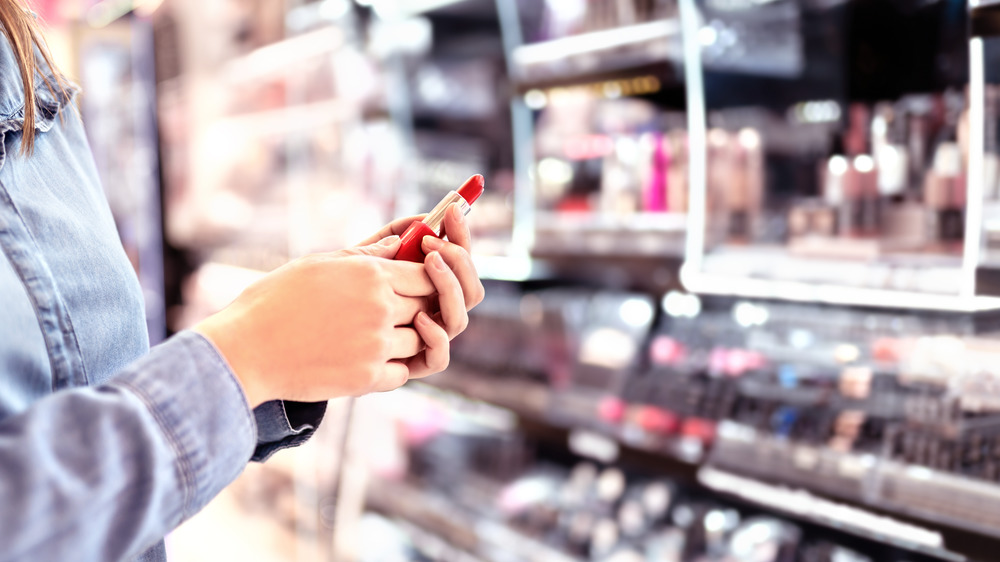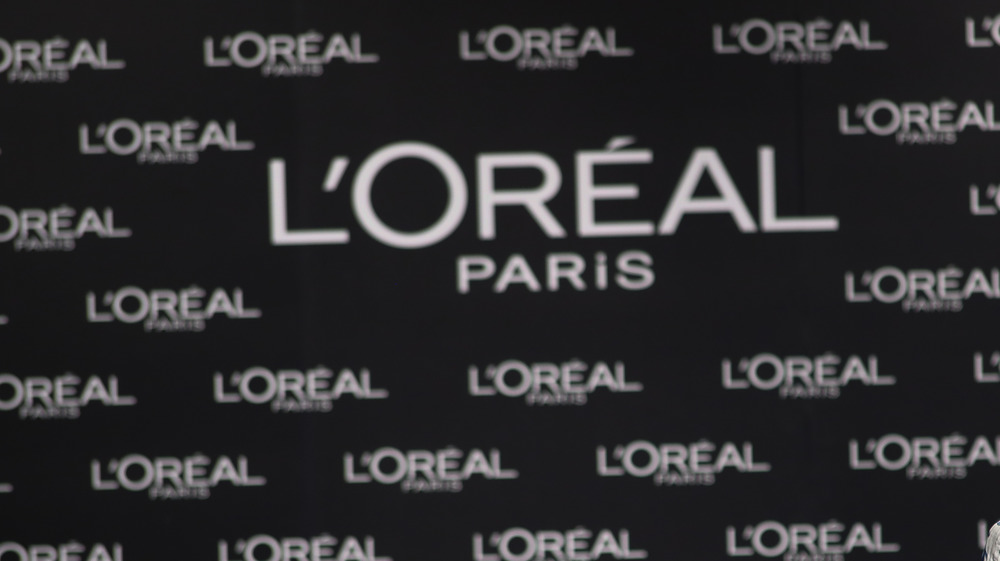Why You Shouldn't Buy L'Oreal Makeup Products
L'Oreal's famous tagline, "You're worth it," is starting to seem mildly ironic as longtime fans are starting to wonder whether its products are, in fact, "worth it" when it comes to how they spend their hard-earned money. While L'Oreal makeup has been a tried-and-true drugstore brand for as long as we can remember, there are a few reasons folks are feeling the need to leave the classic brand behind.
If you're someone who avoids cosmetic and personal hygiene companies that test on animals, we're sorry to tell you that you may need to add L'Oreal to that list. Because it sells its products in China, and because it has not ever adopted a company-wide commitment to refrain from testing on animals, it can't be labeled cruelty-free and finds itself on PETA's do-not-buy list, in spite of the brand's claims that it does not test on animals (via PETA.org).
And it isn't just the well being of animals that has critics concerned. Ingredients in some of L'Oreal's makeup may not be so good for us cosmetic-wearing humans, either.
Lead in L'Oreal's Lipstick
After the Campaign for Safe Cosmetics (CSC) issued an alert, the FDA tested hundreds of lipsticks across many brands and found lead in 100 percent of the lipsticks tested. You read that right: Every single lipstick it tested contained lead. Yikes! The brands included M.A.C., Revlon, Avon, Cover Girl, and even "natural" Burt's Bees. And while the levels of lead varied by shade and brand, five of the most contaminated lipsticks were made by L'Oreal (via Forbes). "It's time for L'Oreal to get the lead out of its product," said the CSC after the FDA's study was released.
"The problem with lead is it's extremely toxic at the lowest doses," said Stacy Malkan, spokeswoman for the CSC. "Lipstick is a product that we put on our lips and ingest directly into our body, so it's of higher concern ..." (via NJ.com). Even so, L'Oreal has been fighting a public relations battle, assuring customers that its products are safe, and some experts are actually in the company's corner. "The amount of lead, even for somebody who put a lot of lipstick on, is very, very small. Even if they sucked all that lipstick off each time it would be unlikely they would get a big dose," Steven Marcus, a physician and head of the New Jersey Poison Control told NJ.com.
Considering children have experienced neurological problems from ingesting even small chips of lead-based paint, folks aren't so keen to apply lead to their lips, even in small doses.

